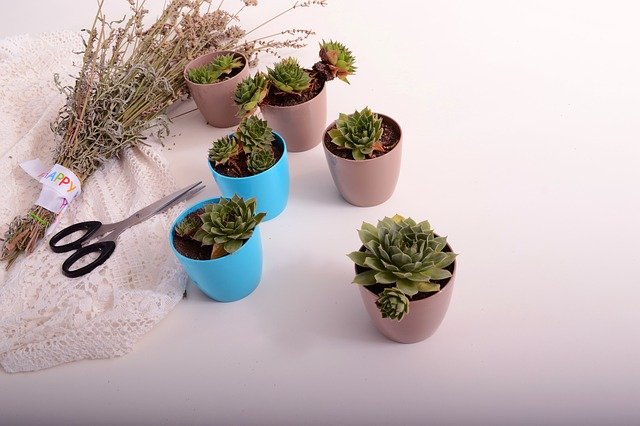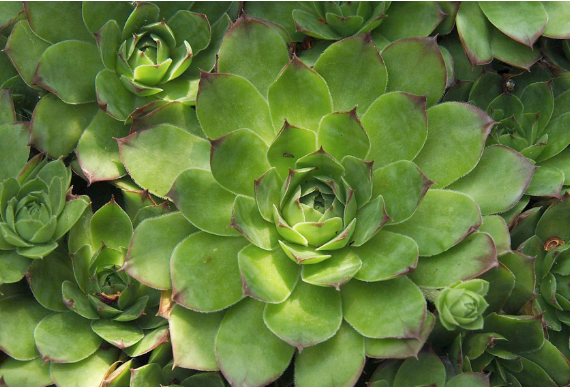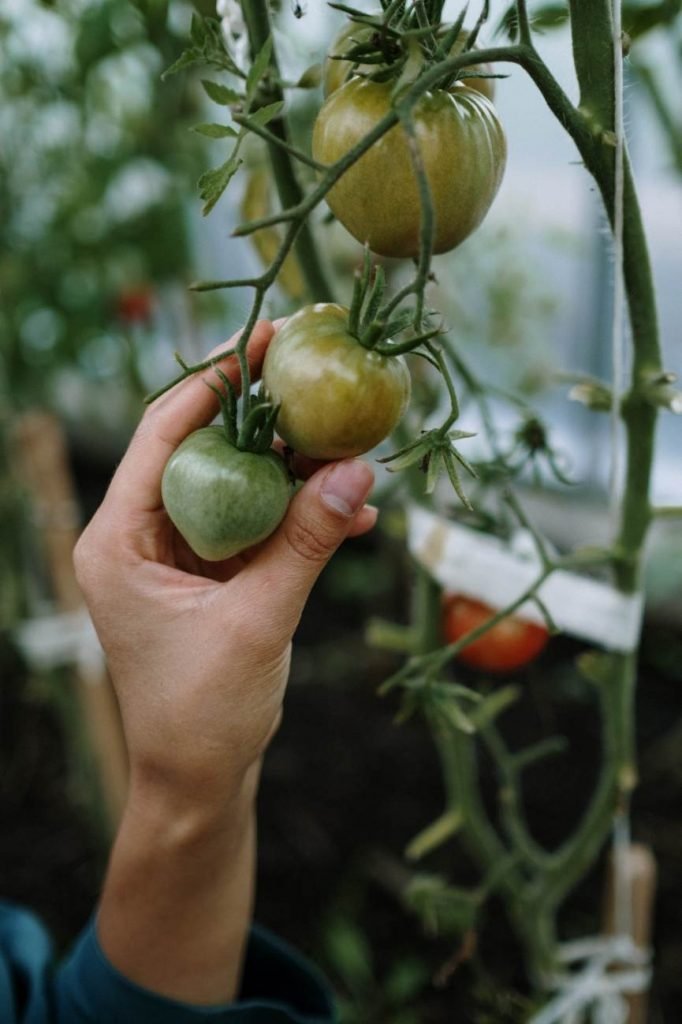The field of plant sciences and gardening is continuously evolving with new research and innovations that aim to improve plant traits, enhance gardening practices, and contribute to biodiversity conservation. This report synthesizes recent findings and technological advancements from various sources, including academic research, patents, and practical gardening innovations.
Table of Contents
Innovations in Plant Trait Modification
- Researchers at Purdue University have developed a method to introduce valuable traits into plants without creating genetically modified organisms (GMOs). This is achieved by using Agrobacterium strains that deliver T-DNA to plants, which does not integrate into the plant genome, allowing for trait expression without the plants being transgenic. This innovation could have significant implications for the development of new plant varieties that can meet the challenges of a changing climate and increasing food demand.
Advances in Plant Genetic Engineering
- The field of plant genetic engineering has seen several recent advances, including the genetic modification of Bergera koenigii to express a bacterial pesticidal protein, the development of an efficient root transformation system for Vicia sativa, and the use of somatic embryogenesis for multi-site genome editing in Picea glauca. Additionally, researchers have created artificial minichromosomes in Brassica napus for stable inheritance, and developed a Brome mosaic virus-based gene silencing protocol for hexaploid wheat. These advancements demonstrate the potential for genetic engineering to enhance crop yields and resistance to pests and diseases.
Flowering Plant Research
- A study published in Nature Portfolio has identified a triple regulatory module at the shoot apical meristem in rice, which includes two florigens and a florigen-like protein, crucial for promoting reproductive transitions and influencing panicle architecture. This research contributes to our understanding of the genetic mechanisms that control flowering in plants, which is essential for crop breeding and agricultural productivity.
Technological Innovations in Gardening
- The integration of technology into gardening practices has led to the development of self-watering plant pots, seed heating mats, smart greenhouses, robotic mowing systems, and automated irrigation systems. These innovations aim to simplify gardening tasks, improve plant care, and enhance the efficiency of resource use.
Intellectual Property and Plant Biodiversity
- The role of intellectual property (IP) rights in plant sciences is to balance innovation with biodiversity conservation. Plant variety protection and community plant variety rights (CPVRs) grant exclusive rights to exploit new plant varieties for a limited period, incentivizing innovation while promoting the dissemination of new ideas. The European Patent Office (EPO) has granted a relatively small number of patents for conventionally bred plants compared to genetically modified plants, reflecting the complexity of patenting in this field.
Evolutionary Insights into Flowering Plants
- A massive genetic study has redrawn the tree of life for flowering plants, using genomic data from over 9500 species. This research helps scientists understand the origins and evolutionary relationships of flowering plants, which comprise around 90% of land-dwelling plants. The findings also highlight two significant surges in angiosperm diversity, one during an early boom and another approximately 40 million years ago. This tree of life could aid in the search for plants with medicinal properties.
Notable Plant Discoveries
- The Royal Botanic Gardens, Kew, has recorded over 100 new species of plants and fungi in 2022, including the world’s largest waterlily and a long-lost relative of the sweet potato. These discoveries contribute to our knowledge of plant diversity and have implications for conservation efforts.
Conclusion
The recent innovations and research in plant sciences and gardening reflect a dynamic field that is addressing global challenges such as climate change, food security, and biodiversity loss. From non-transgenic trait modification to technological advancements in gardening, these developments are shaping the future of agriculture and horticulture. The balance between innovation and conservation, as seen in the careful management of IP rights, ensures that these advancements benefit society while respecting the natural world. The ongoing discovery of new plant species and the elucidation of the evolutionary history of flowering plants underscore the richness of plant biodiversity and the importance of preserving it for future generations

Gardening is my passion and growing plants indoors has always been a stress relief for me. Grow a banana tree in my apartment once (although failed to produce bananas).





